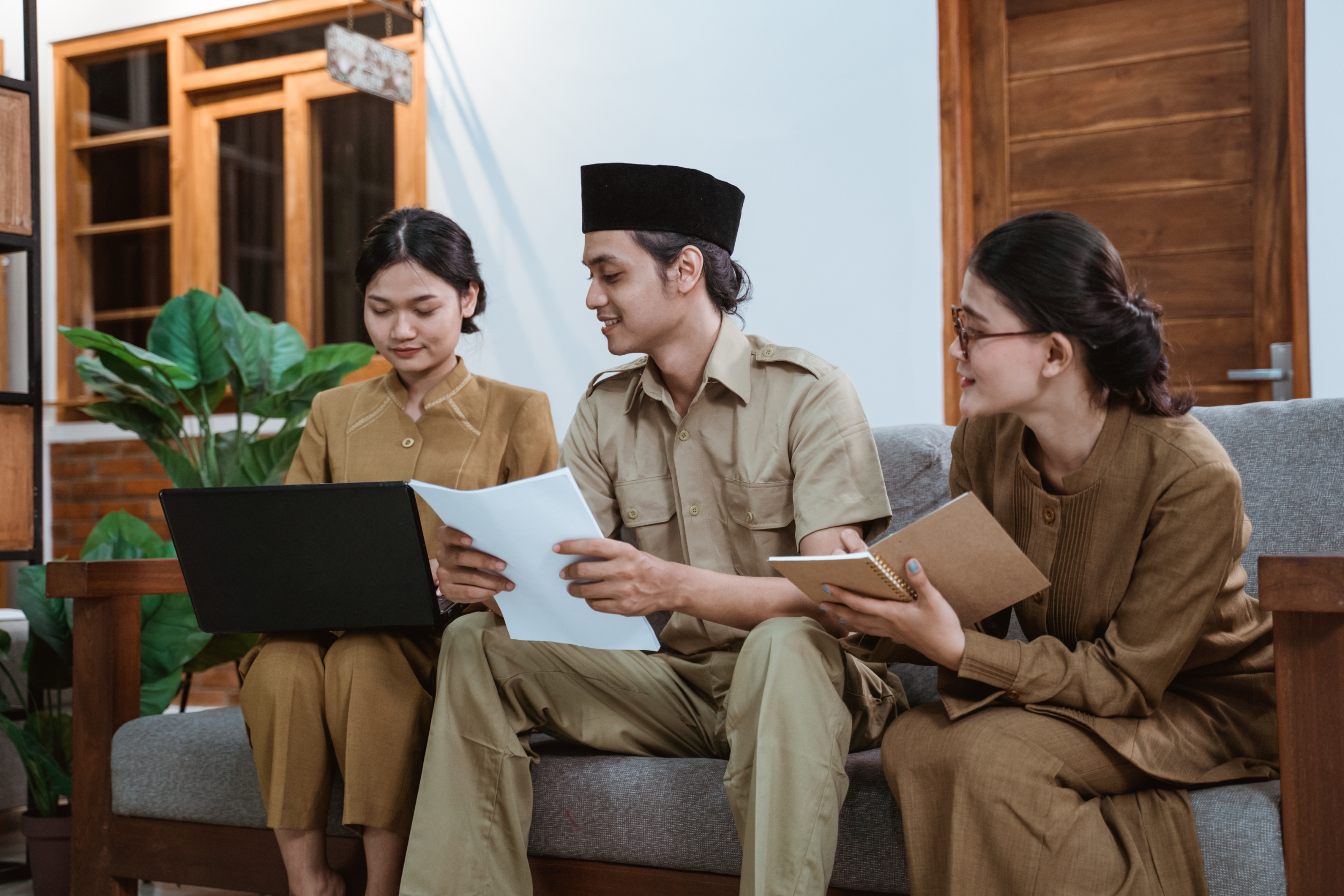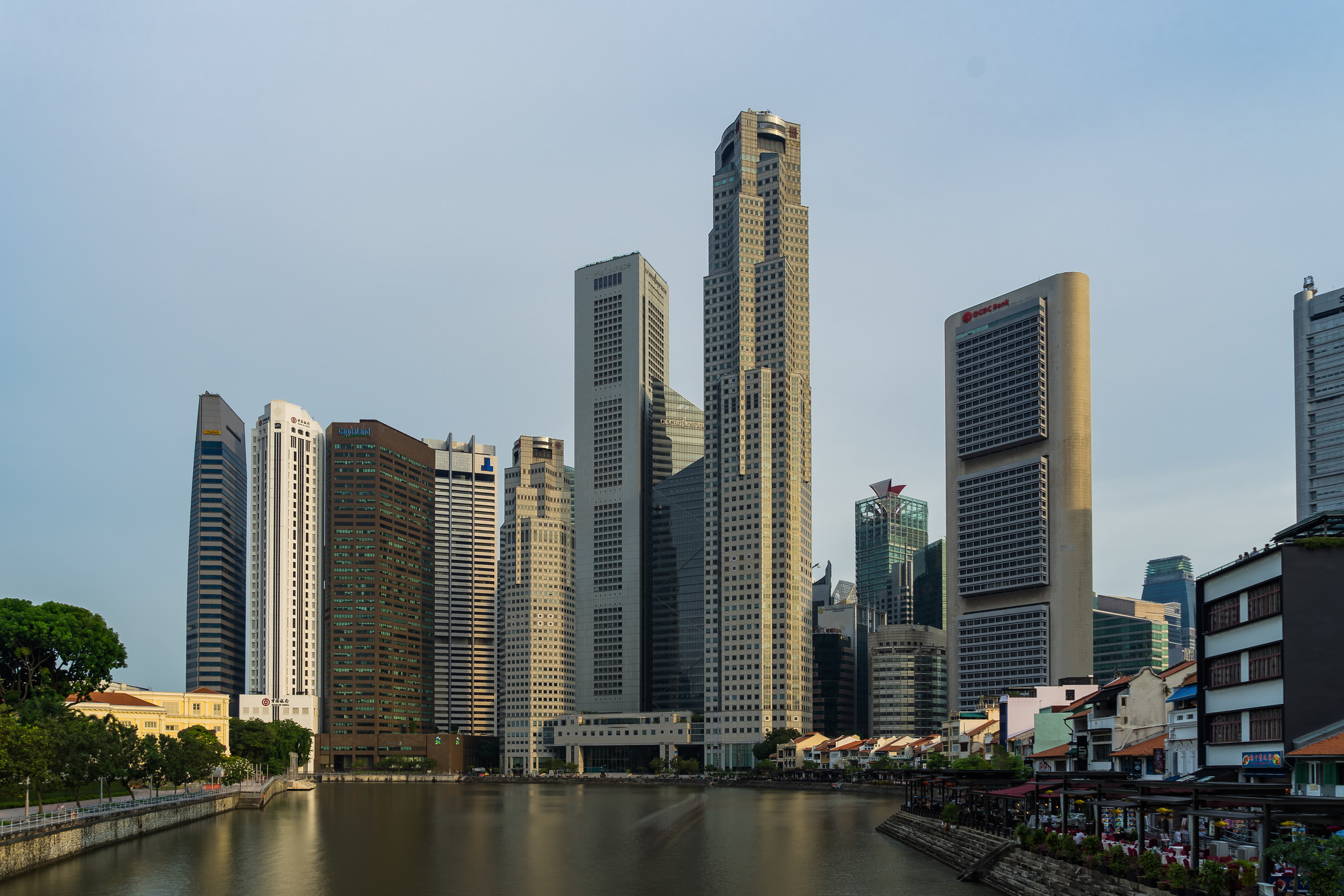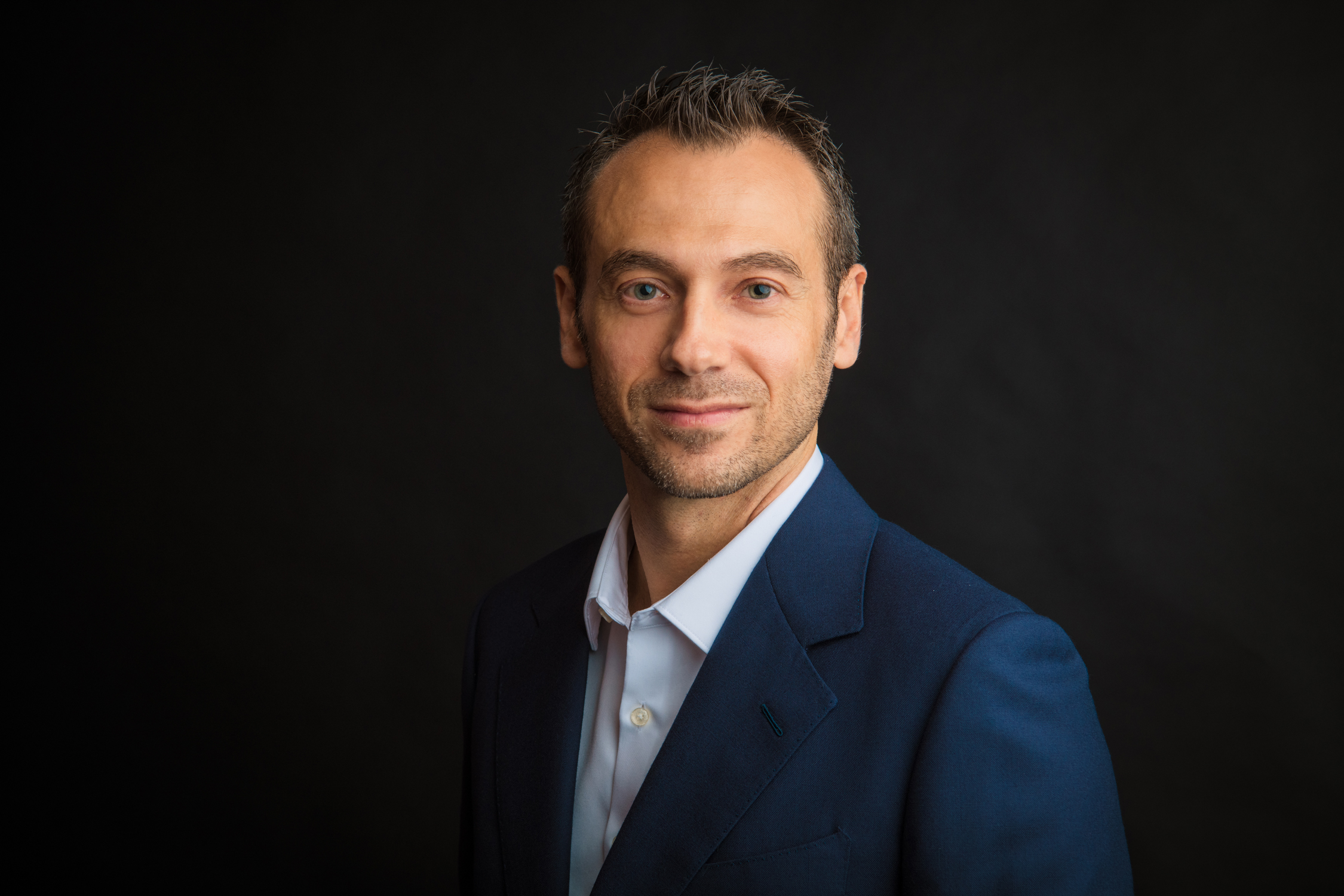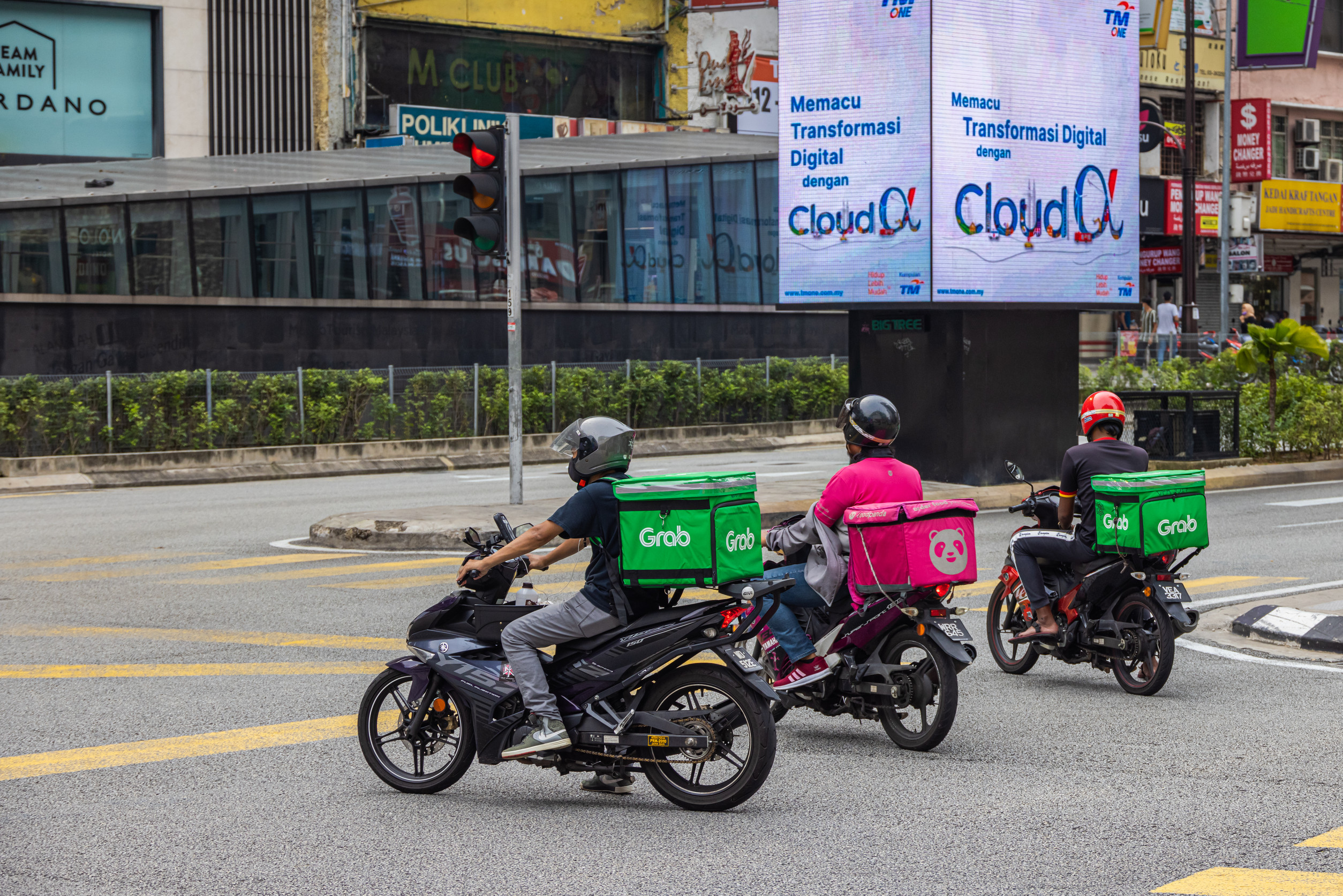HR leaders in Indonesia prioritising talent and wellbeing
- Josephine Tan

Many HR leaders in Indonesia are proritising the creation of human-centric work experiences in 2023 by planning to redesign talent processes around skills (62%), improve the employee experience for key talent (59%), improve workforce planning (57%) and redesign work to improve agility (57%).
The Mercer Global Talent Trends (GTT) Study 2023, which revealed these key findings, also recommended that organisations prioritise employees’ physical, mental, social, and financial wellbeing to attract and retain talent.
According to GTT, employers in Indonesia fared better than Asia in designing work with wellbeing in mind (45%), such as introducing no-meeting days. However, they trail their Asian counterparts in other areas like destigmatising mental health and encouraging self-care (36% vs. 40%) and providing on-demand access to virtual mental healthcare (14% vs. 26%).
Where flexible work is concerned, only 31% of organisations in Indonesia offer such options for all employees, which is lower than the global average of 56%. Over the long term, 43% of employers in Indonesia do not plan to offer work flexibility to their employees in the future, despite 70% of employees in Asia identifying the ability to engage in remote or hybrid work as an essential factor in deciding whether to join or stay with an organisation.
READ: More support needed to keep women in Indonesia’s workforce
Encouraging organisations in Indonesia to continue with efforts to create an engaged and skilled workforce by optimising work environments, Isdar Marwan, Director of Career Services, Mercer Indonesia, said, “Companies should also invest in total and holistic wellbeing initiatives to care for their workforce and leverage digital tools to reduce redundancy and increase efficiency, enabling employees to engage in higher-value work.”






